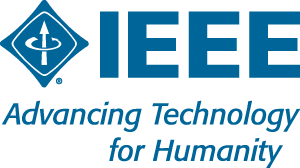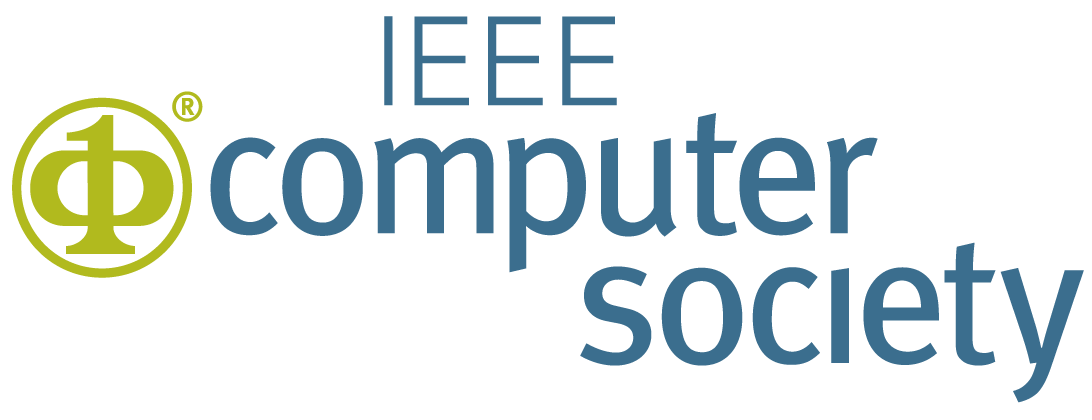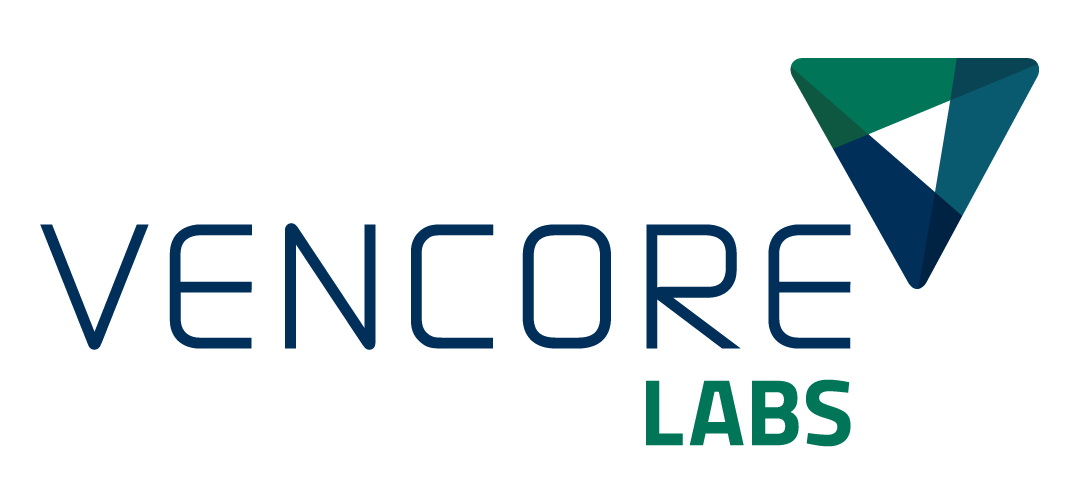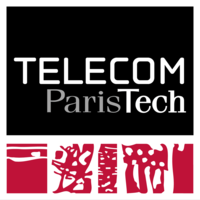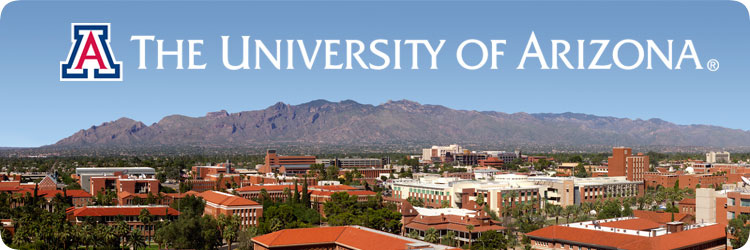SASO Keynotes
The Simplicity and Unity Underlying the Complexity of Life from Growth and Innovation to Mortality, Sustainability and the Pace of Life in Organisms, Cities and Companies

Presenter
Professor Geoffrey West
Santa Fe Institute, USA
https://www.santafe.edu/people/profile/geoffrey-west
Abstract
Why do all companies and people die whereas cities keep growing and the pace of life continues to accelerate? Why do we stop growing, sleep 8 hours a day and live of the order of 100 years? And how are these related to innovation, wealth creation, social networks, urbanisation and global sustainability? Global urbanisation has emerged as the source of the greatest challenge the planet has faced since humans became social. Cities are simultaneously the hubs of innovation, engines of wealth creation and centers of power, but are also the prime source of crime, pollution, disease, climate change and the consumption of energy and resources. Despite this dual role and the threat to global sustainability, there is no integrated, quantitative, predictive, scientific framework for understanding their dynamics, growth and organization. Ideas for developing such a theory, inspired by a network-based framework for understanding diverse properties of organisms (such as growth, metabolism, cancer, sleep, aging, death, and ecosystems) will be discussed and extended to companies. Despite their extraordinary complexity and diversity, many characteristics of cities and companies, including wages, patents, assets, sales, diversity, crime, police, disease, pollution, and infrastructure, scale systematically and predictably with size suggesting that universal principles that transcend history, geography and culture underlie their dynamics and structure. This has dramatic implications for growth, development and long-term sustainability: left unchecked, innovation and wealth creation that fuel socio-economic systems potentially sow the seeds for collapse.
Bio
Geoffrey West is Distinguished Professor and former President of the Santa Fe Institute, and Associate Fellow of Oxford University’s Martin School. His BA is from Cambridge and PhD from Stanford where he later joined the faculty. West is a theoretical physicist whose primary interests have been in fundamental questions ranging from elementary particles and their interactions to universal scaling laws in biology and developing a science of cities, companies and global sustainability. His work is motivated by the search for “simplicity underlying complexity”. His research includes metabolism, growth, aging & death, sleep, cancer and ecosystems, the dynamics of cities and companies, rates of growth and innovation, and the accelerating pace of life. He has been featured widely across the media including The New York Times, The Economist, Financial Times, Wired, Scientific American, Nova, National Geographic and the BBC. His work was selected as a breakthrough idea by Harvard Business Review (2007) and for Time's 2006 list of "100 Most Influential People in the World".
Human-machine synergy: Bringing humans and autonomy into balance
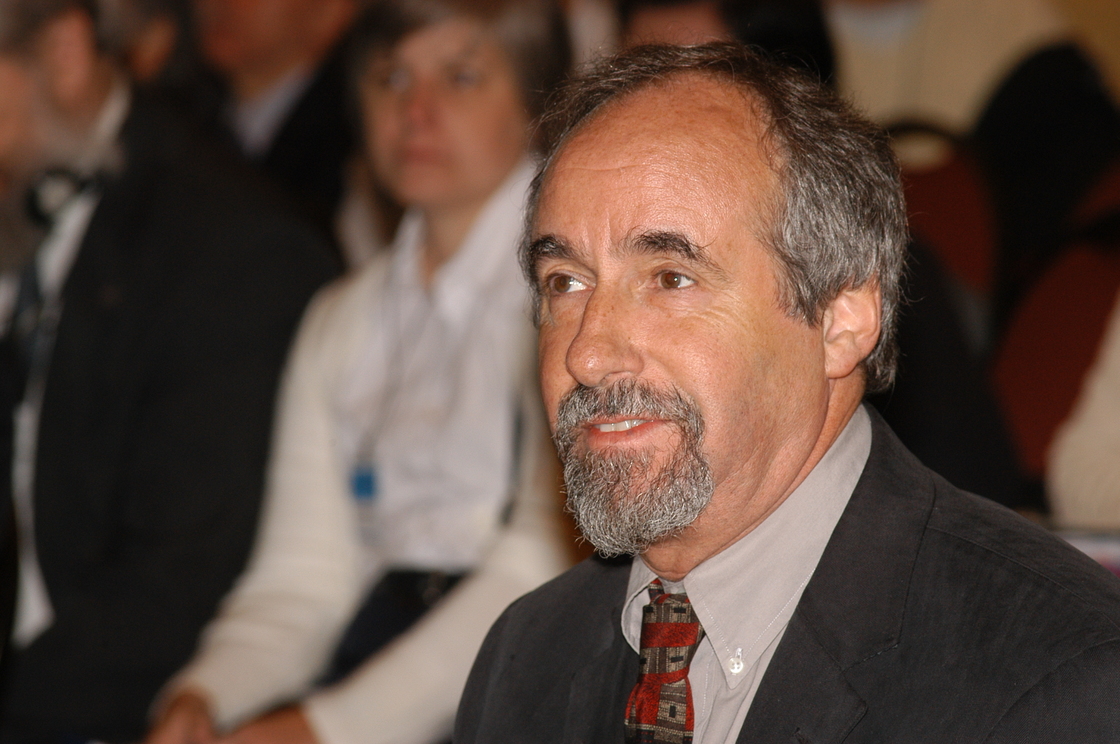
Presenter
Professor David Garlan
Carnegie Mellon University, USA
http://www.cs.cmu.edu/~garlan/
Abstract
As the systems that we depend on become increasingly autonomous, a critical challenge is to understand how to engineer systems where humans and systems can work together synergistically to achieve their common goals. Adaptive systems research has largely focused on replacing humans with intelligent automation, thereby reducing the cost of operation, the likelihood of human error, and the time to put a course of adaptation into action. But for many such systems it is not possible or desirable to completely eliminate human involvement in adaptation. In this talk I explore some of the challenges in achieving an appropriate balance, and outline some promising directions that research might take to address these challenges.
Bio
David Garlan is a Professor of Computer Science in the School of Computer Science at Carnegie Mellon University, where he has been on the faculty since 1990. He received his Ph.D. from Carnegie Mellon in 1987 and worked as a software architect in industry between 1987 and 1990. His interests include software architecture, self-adaptive systems, formal methods, and cyber-physical systems. He is a co-author of two books on software architecture: "Software Architecture: Perspectives on an Emerging Discipline", and "Documenting Software Architecture: Views and Beyond." In 2005 he received a Stevens Award Citation for “fundamental contributions to the development and understanding of software architecture as a discipline in software engineering.” In 2011 he received the Outstanding Research award from ACM SIGSOFT for “significant and lasting software engineering research contributions through the development and promotion of software architecture.” He is a Fellow of the ACM and the IEEE.
Workshop Keynotes
Orchestration of Electrical Power Grid with Transactive Distributed Energy Resources (DER)
associated with the 3rd International Workshop on Data-driven Self-regulating Systems (DSS 2017)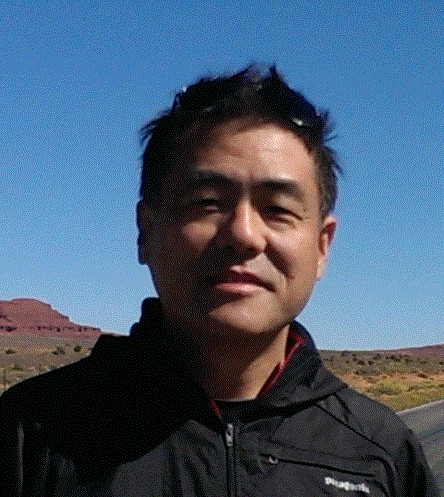
Presenter
Dr. Mark Yao
Utopus Insights
Spinoff of Smarter Energy, IBM T.J. Watson Research Center
Abstract
With the capabilities of dynamic, real-time and networked automation, distributed energy resources (DER) have become one game-changing driving force to transform electrical power systems into flexible, resilient, cost-effective and greener Cyber-Physical System infrastructure. DERs represent suite of smart-grid assets across value-chain of electricity demand-supply: from distributed renewable generation (solar PV, wind) to electricity storage systems (battery, EV) and flexibility, responsive demand (DR). Meanwhile, with all the advantages and benefits, fast growth of DERs also bring many unseen challenges for utilities and system operators due to the complexities caused by the distributed nature of DER and the diversified business, social, economic and operational objectives of DER owner from both sides of demand and supply. Transactive energy (TE), emerged originally as innovative method to balance electrical demand-and-supply with value-based economic/incentive signal, has become one of smart-grid technology standards to manage various system objectives, constraints and uncertainties in a distributed fashion. Combined with advanced technology from IoT and cloud computing, TE provides an ideal distributed and data/information driven platform to manage and orchestrate DER for utilities and grid operator, and even energy users. The objectives of this talk are 1) to give a brief and informative introduction of current trends and challenges of DER and TE, and 2) to introduce how-to and sample use-cases of Transactive Energy technology to manage DER at large internet-scale in the landscape of ever digitized and data-driven network-connected smart energy grid.
Bio
Dr. Mark G. Yao is a Senior Research and Development member of Utopus Insights. With more than 18 years both industrial and academic experience, Dr. Yao’s research and development work focused on distributed, event-driven and agent-based distributed computing system. He is also a domain expert in networked intelligent sensor & actuator system, Cyber-Physical System (CPS), Internet of Things (IoT). Prior join of Utopus Insights, Dr. Yao was the research scientist and senior software architect at IBM Thomas J. Watson Research Center in Yorktown Heights, NY. He was the IBM technical lead and solution architect for several join research project sponsored by U.S. government department of energy, including 2010-2015 Pacific Northwest Smart Grid Demonstration Project and 2007 Gridwise Olympic Peninsula Gridwise Testbed project. He was the original designer and lead developer of Internet-scale Control System (iCS), a framework for developing agent-based, event-driven and distributed control systems. He won numerous IBM Corporate Awards, Research Outstanding Technical Achievement Awards, Outstanding Innovation Awards. Before his career of industry research, Dr. Yao was adjunct professor and conducted teaching and research in several universities in New York state. Dr. Yao has a Ph.D. in physics, with specialty of photonics & optoelectronics.
The development of complex governance regimes in sovereign online communities
associated with the Fifth International Workshop on Self-Adaptive and Self-Organising Socio-Technical Systems (SASOST 2017)
Presenter
Prof. Seth Frey
University of California, Davis, USA
http://philosophy.ucdavis.edu/people/sethfrey
Abstract
The institutions that structure our lives vary wildly in their complexity and level of formality. Environment, size, and structure are likely to be related across the range of self-governing communities, but a truly general understanding of institutional development requires access to large numbers of communities that are broadly comparable but still heterogeneous. We compare 80,000 amateur-run online web server communities to examine the relationship between resource management challenges, community success, and regime complexity. While these communities cover a range of sizes from 2–20,000 visitors, their administrators are united by goal of building a successful community, and the common challenges that come with that. We find that regimes in larger self-governing communities have more developed governance regimes, as measured by scope, intensity, specialization, and consolidation of authority. A comparative understanding successful self-governance contributes to theories of institutional design that can cover the widest variety of social systems: businesses and book clubs, trade treaties and town halls.
Bio
Seth Frey studies human decision behavior and social organization in engineered social systems like web experiments, team sports, theme parks, video games, board games, and economic games. He is an Assistant Professor of Communication at UC Davis, and a William H. Neukom Fellow at Dartmouth College’s interdisciplinary Neukom Institute for Computational Science. Before that, he was in the behavioral economics group at Disney Research, a part of Walt Disney Imagineering. He earned his Ph.D. in Cognitive Science and Informatics at Indiana University in 2013, and his B.A. in Cognitive Science from the University of California at Berkeley in 2004.
Let's Be More Tolerant: Differences Are Good Things
associated with the Fifth International Workshop on Self-Adaptive and Self-Organising Socio-Technical Systems (SASOST 2017)
Presenter
Prof. Stephen Marsh
University of Ontario Institute of Technology, Oshawa, Canada
http://stephenmarsh.wikidot.com
Abstract
In the recent past we've heard a lot about the Wisdom of Crowds, Swarm Intelligence and things of that nature: the more the merrier, let's say. We're quite happy in many of our models to actively seek out and ignore the outliers, for whatever reason makes sense to us. And that's okay. But. Bellwethers exist. People have different views. Quite often, the swarm is the extension of an individual will. There are many different ways crowds work. More importantly, there are many different views in societies. Tolerance is about not just accepting but embracing these differences. This, we argue, adds strength, resilience, adaptability to socio-technical systems. But we need to think about that when we are building our models. In this talk. Let's explore that.
Bio
Steve Marsh is a Trust Scientist and a thought leader in the phenomenon of trust for computational systems. He is an Assistant Professor of Information Systems in the Faculty of Business and Information Technology, University of Ontario Institute of Technology. His PhD (University of Stirling, 1994) was a seminal work that introduced the first formalisation of the phenomenon of trust (the concept of 'Computational Trust'), and applied it to Multi Agent Systems. As a milestone in trust research, it brought together disparate disciplines and attempted to make sense of a vital phenomenon in human and artificial societies, and is still widely referenced today, being in the top tenth of one percent of Citeseerx's most cited articles in computer science. Steve's current work builds extensively on this model, applying it to network security, Critical Infrastructure Protection, and mobile device security. His research interests include computational trust, computational wisdom, device comfort, trust management, regret and regret management, and socially adept technologies. He is the Canadian delegate to IFIP Technical Committee 11: Security and Privacy Protection in Information Processing Systems. He is an adjunct professor at UNB (Computer Science) and Carleton University (Systems and Computer Engineering and Cognitive Science). Steve lives in rural Ontario, Canada with dogs, cats, horses and people, all of whom have their own things to teach us about trust.

